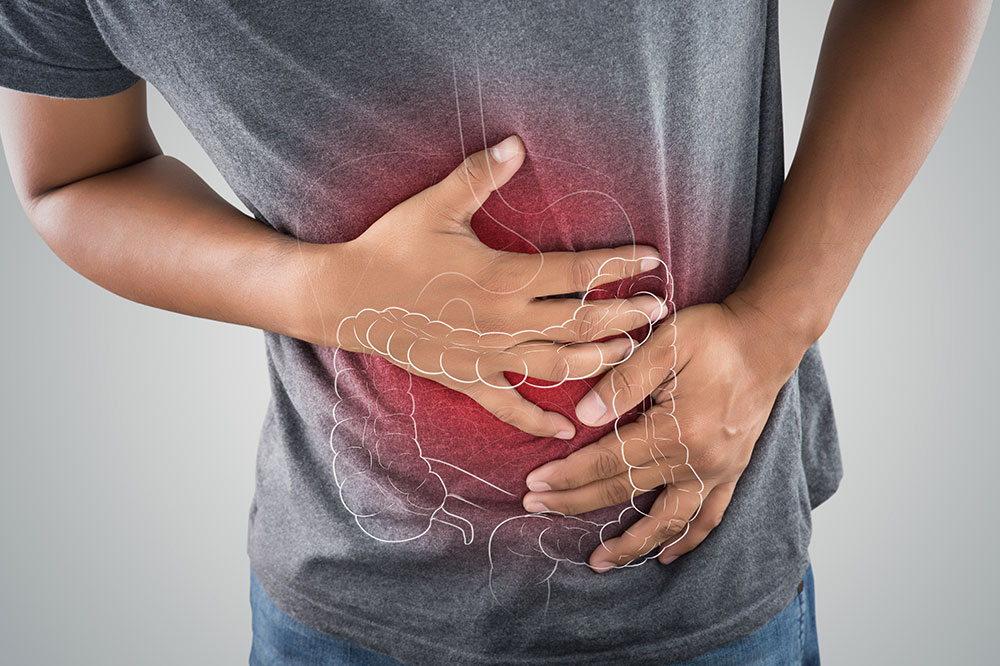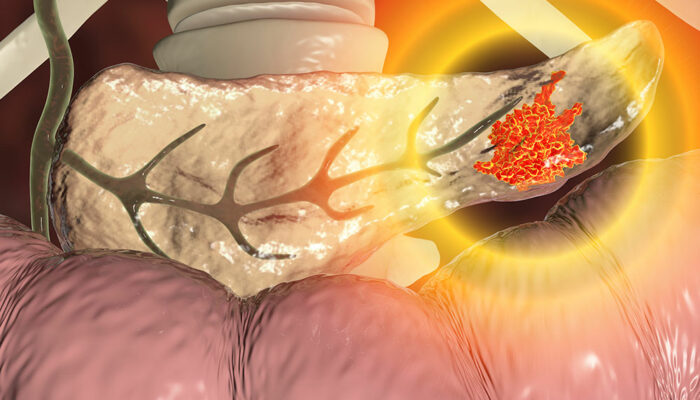
Colon Cancer – Symptoms and Risk Factors
Colon cancer is the development of cancerous polyps in parts of the large intestine. It is also commonly known as bowel cancer, rectal cancer, or colorectal cancer, based on where cancer starts. Most of these diseases begin with the growth of non-cancerous polyps. Over time, the polyps become malignant, and the cells start growing abnormally. Colon cancer typically occurs in older individuals and rarely shows any significant signs.
Symptoms and diagnosis of colon cancer
In most cases, people do not notice any significant symptoms when they have colon cancer. So the condition often remains undiagnosed for a long time. Here are the common signs that may occur. People who experience these symptoms should get diagnosed quickly:
1. Changes in bowel habits
A person with cancerous polyps in their large intestine may experience sudden and abnormal bowel habit changes and suffer from diarrhea or constipation. They may also notice changes in the color and consistency of stools.
2. Lack of energy
Patients may frequently feel exhausted or tired due to a lack of energy. The tiredness may either be due to cancer itself or due to loss of bodily fluids through diarrhea. Moreover, patients are also prone to rapid and unexpected weight loss, which may also contribute to fatigue.
3. Abdominal discomfort
People with colon cancer may experience abdominal cramping and discomfort and may also experience severe bloating, gas, or pain.
If the doctor suspects colon cancer, a colonoscopy is performed. In this procedure, a tiny camera is inserted into the large intestine to inspect the organ and detect any tumor. The surgeon may also take a sample of the colon tissue for further analysis.
Risk factors of colon cancer
Several factors could cause colon cancer. Some of them, like age, race, and gender, cannot be controlled, but others, like smoking and alcohol consumption, can be easily eliminated. Here are some common risk factors that could potentially lead to colon cancer:
1. Family history
A person is more vulnerable to colon or any cancer if their family members or direct relatives, such as parents, brothers, or sisters, have a history of cancer. The risk is also higher if one’s distant relatives, such as grandparents, uncles, aunts, or cousins, have had the disease.
2. Inflammatory bowel disease
In certain conditions like ulcerative colitis or Crohn’s disease, the large intestine gets abnormally inflamed. These diseases are called inflammatory bowel diseases or IBD. A person is at risk of colon cancer if they have or have had IBD in the past.
3. Rare inherited conditions
People with a family history of inherited diseases or those already suffering from them are primarily prone to colon or other cancers. These conditions include lunch syndrome, familial adenomatous polyposis (FAP), Turcot syndrome, and Gardner syndrome.



